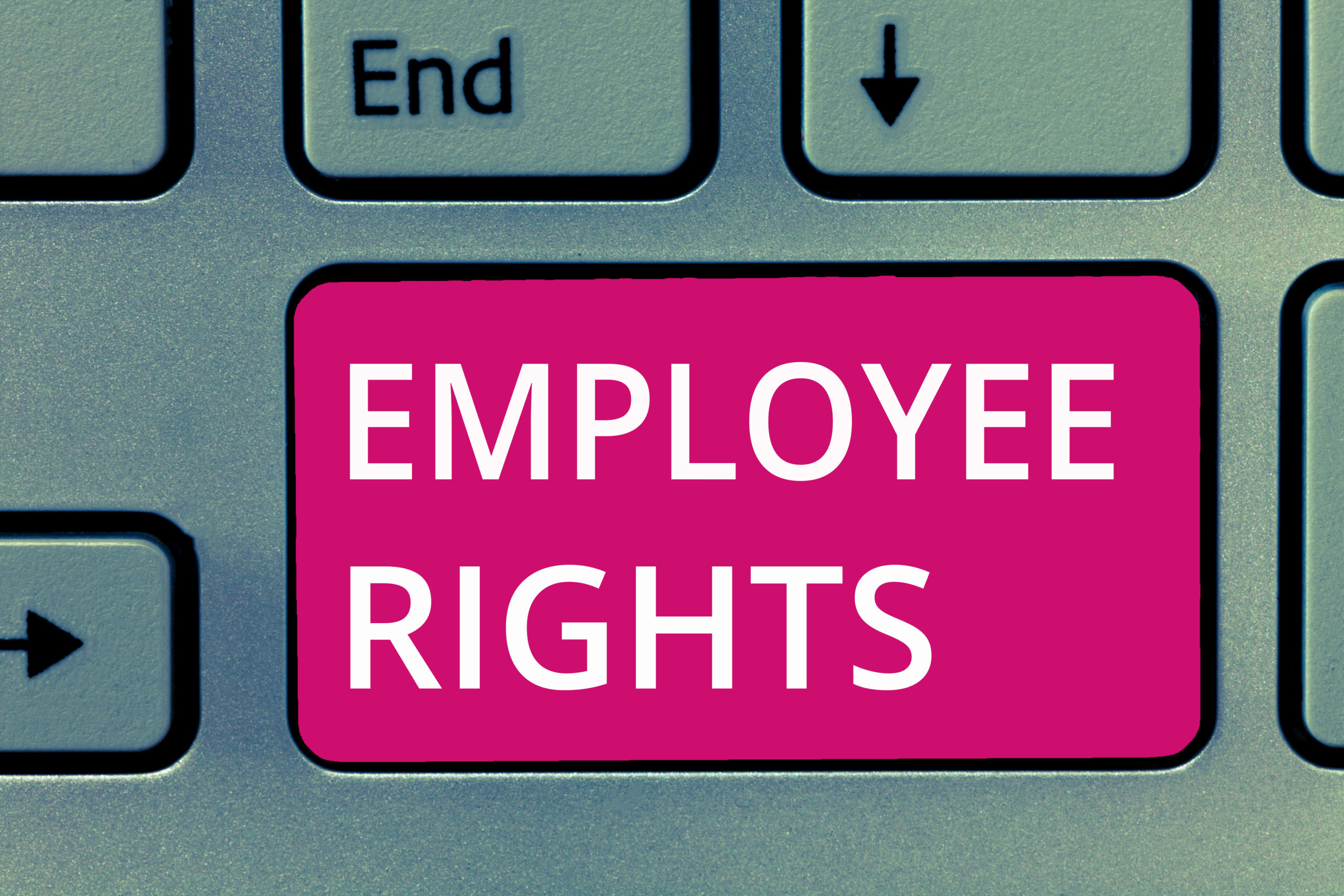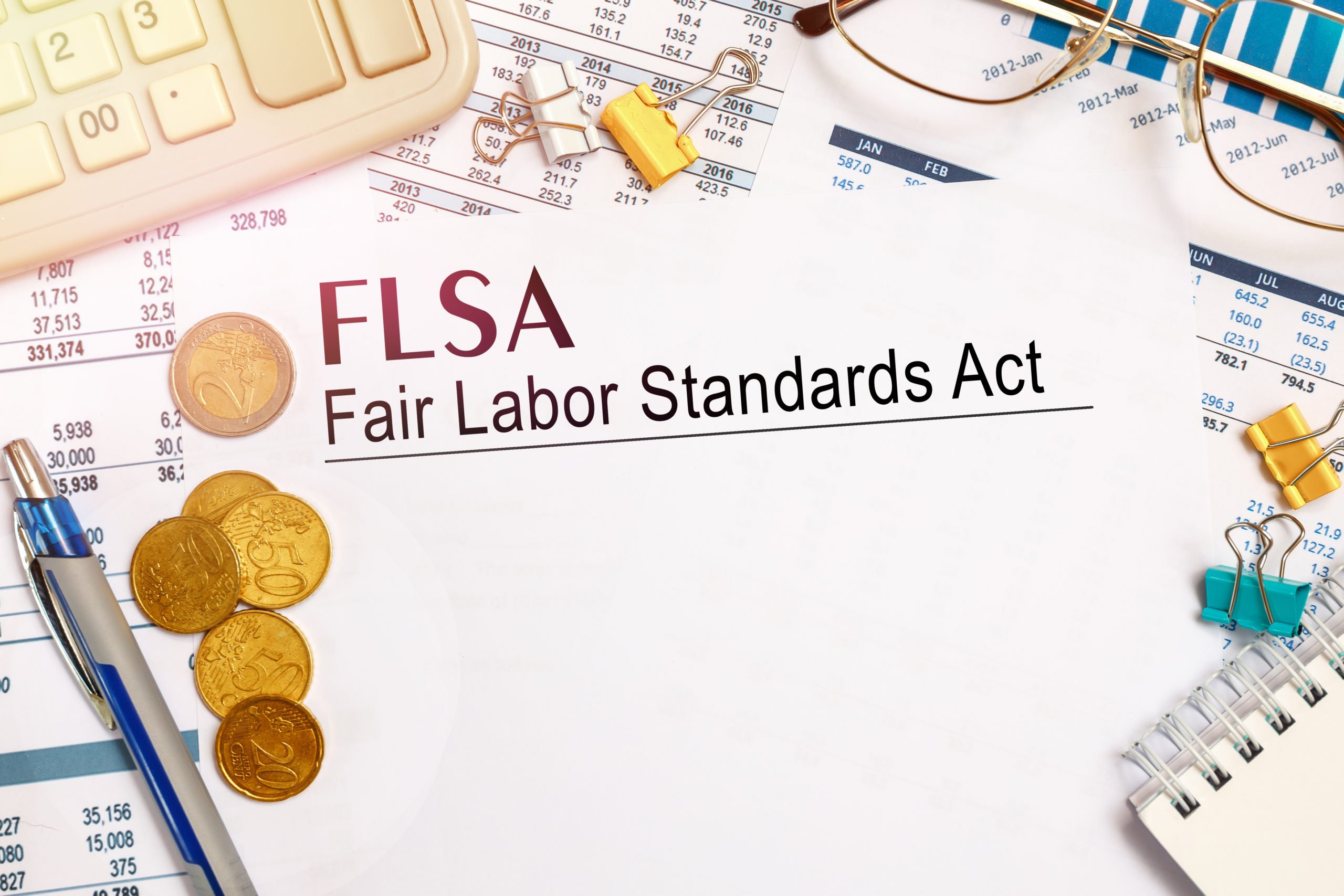Considered the last legal brick that formed the foundation of The New Deal, the Fair Labor Standards Act (FSLA) passed into law in 1938 at the height of The Great Depression. The United States Congress enacted the FLSA at a time when employers leveraged the nation’s incredibly high unemployment rate to force employees to work in horrible conditions, without much pay for working more than eight hours per day.
Since 1938, the FLSA has undergone several significant changes to close loopholes that provided employers with money-saving exemptions. Although not perfect by any legal scholar’s account, the FLSA remains the gold standard that many states have based their own worker-friendly acts of legislation.
Disney took a financial hit in 2017 for violating several provisions of the FLSA. The company paid out nearly $4 million in back wages to employees working at a Florida facility. Violations of the FLSA by Disney included forcing employees to pay for uniforms and not following the overtime guidelines stipulated in the FLSA.
Overview of the FLSA
The United States Department of Labor provides a concise look into the role of the FLSA. Specifically, the Department of Labor states that the FLSA applies to “enterprises with employees who engage in interstate commerce, produce goods for interstate commerce, or handle, sell, or work on goods or materials that have been moved in or produced for interstate commerce.”
Let’s look at what that means for employers operating in the United States.
Minimum Wage
In 2009, the Department of Labor set the national minimum wage at $7.25 an hour. Many states have since passed minimum wage laws that pay more to workers. The FLSA requires employers to pay workers the higher minimum wage as established by state and federal law. For example, if the state where you live has set the minimum wage at $8.25 per hour, your employer must pay the higher minimum wage of $8.25.
Workers that earn tips receive a lower minimum wage because of the extras income generated by gratuities. As of late 2020, the federal minimum wage for tipped employees stood at $2.13 an hour. A 2018 provision added to the FLSA prevents employers from withholding tips for workers, as well as allowing tip-pooling only when an employer pays tipped employees the federally established minimum wage.
Overtime
According to the FLSA, employees that work more than 40 hours in a workweek must receive one and a half times their regular pay for every hour worked past the 40-hour mark. A workweek constitutes seven consecutive days that cover 168 hours. Employers must maintain timekeeping records to ensure workers receive overtime pay. Failure to maintain accurate timekeeping records can lead to the Department of Labor fining an employer.
The FLSA does not establish a maximum number of work hours for employees; it simply requires employers to pay workers more money per hour for working overtime
Child Labor
The FLSA became a part of American labor law at a time when employers exploited children in the workforce. Employers must limit the number of hours worked by children under the age of 16, as well as limit the type of work children can perform. Violators of the child labor provision in the FLSA face a civil penalty that can be as high as $10,000 for each violation. The FLSA also makes it possible for employers to face criminal charges for violating the child labor provision of the FLSA.
Communicating the FLSA in the Workplace
The FLSA requires most employers to provide their employees with information that pertains to the rights granted by the federal labor law. Under the supervision of the Wage and Hour Division,

employers must hang posters that communicate worker wage and hour rights, as well as any changes made to the FLSA by the United States Congress. Employees that work mostly online must receive FLSA information electronically.
Getting the Help of a California Employment Attorney
If you face wage and hour violations in the workplace, turning to the legal expertise of an experienced employment lawyer can help you get back pay for overtime and/or minimum wage violations. Your attorney can also decide whether you should file a claim for violations of the FLSA and/or Californian wage and hour statutes. Filing a claim requires workers to meet several deadlines, which a California-licensed employment lawyer can ensure clients achieve in a timely manner.





